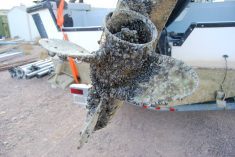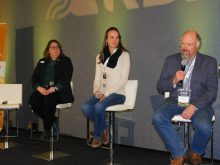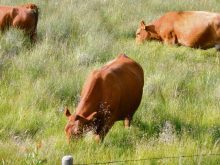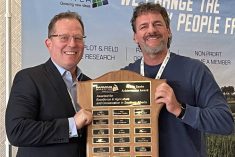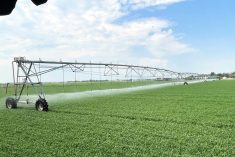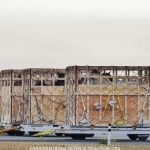Do environmental issues always have to lead to discord and battle?
No, says an Alberta group created to find common ground and forge agreements on air-quality issues.
The Clean Air Strategic Alliance (CASA) was formed in 1994 to find mutually acceptable solutions for air-quality issues between government, industry and non-governmental organizations (NGOs). It’s an approach that produces results, the organization says.
“What happens is that someone – environment, industry, government – has brought forward what is called a ‘statement of opportunity’ in that they see a project that could benefit from CASA’s approach,” says Jean Moses, the organization’s communications adviser.
Read Also
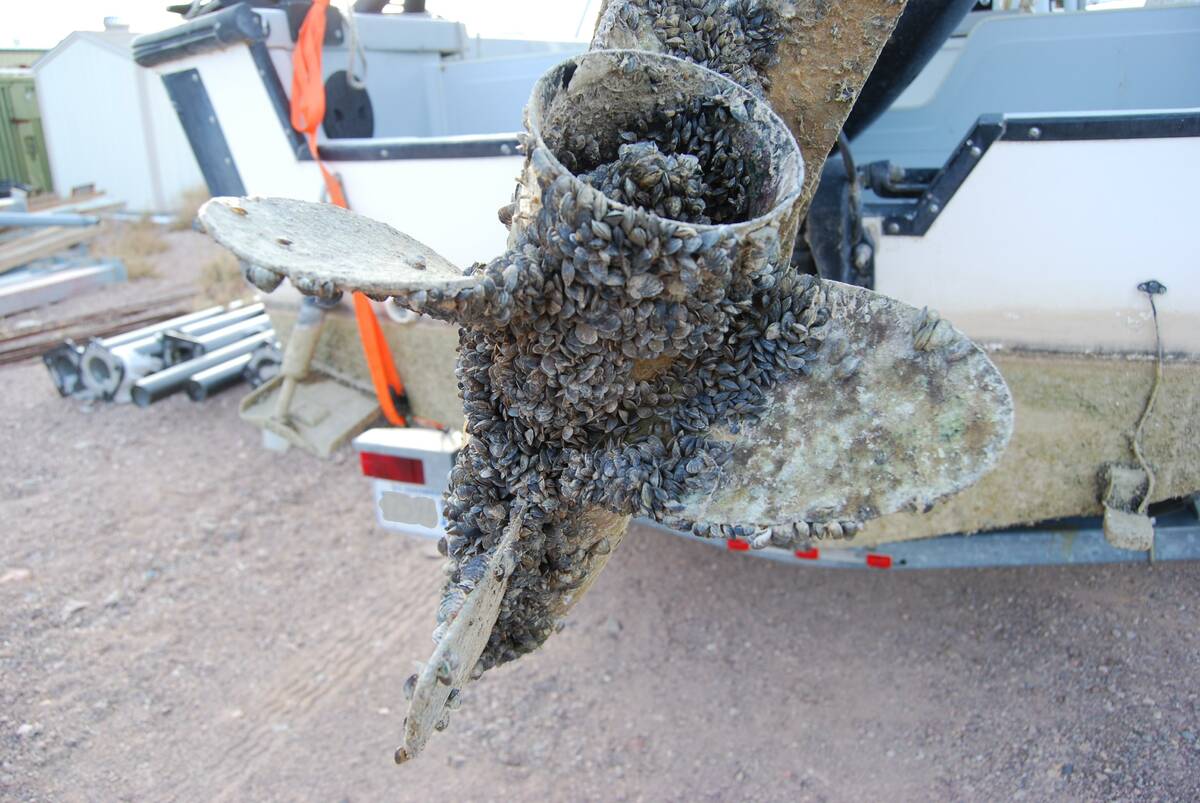
Invasive species council lending a helping hand to Alberta agricultural producers
Alberta Invasive Species Council unveils the huge economic effect of keeping invasive species unchecked to agricultural production in the province.
A statement of opportunity is a fancy name for a concern about air quality. If it’s determined the concern falls within the organization’s scope and resources, it will research the issue and seek agreement on recommendations for government policy.
“We do things by consensus, which means it sometimes takes longer,” said Moses. “But in the end, (of) the recommendations that are made to the government, probably 80 per cent of them have been turned into guidelines or environmental levels.”
Varied representation
The board of directors has provincial and federal government reps, along with ones from rural and urban associations, and First Nations and Métis membership. Industry directors include Alberta Beef Producers general manager Rich Smith, as well as representatives from the mining, forestry, oil, gas, and utilities sectors. NGO directors form a third group, which includes representatives from the Lung Association, Toxics Watch Society, Prairie Acid Rain Coalition, Alberta Motor Association and the Pembina Institute. CASA has dealt with issues such as vehicle emissions, odour from confined livestock-feeding operations, emissions affecting livestock health, and indoor air quality. Most of the funding comes from government, with the industry and NGO stakeholders usually contributing in kind with time, volunteers, and some monetary contributions.
Achieving consensus is a difficult and lengthy process, and in some ways similar to the jury process.
“It does have teeth in that when the three groups come together, each of those three sectors has an equal say. And they all have the right to block any recommendation,” says Moses.
It doesn’t always work, says longtime director David Spink.
“We just went through another exercise and we didn’t make much progress,” says Spink. “Part of it is the easy stuff had been done, or largely done, and now we are really into some tough issues and areas and we just couldn’t get to where everyone could agree.”
Spink has been involved from the group’s inception, first with the Alberta government and now with the Prairie Acid Rain Coalition. The organization is currently undergoing a strategic review and Spink said he is hopeful it will help to improve the situation.
“My personal view is I’ve seen a little less flexibility on the part of industry, and a little more emphasis on profits, maybe too much so,” said Spink.
However, Spink says the government and the structure of CASA is supportive because everyone – regardless of their perspective – is considered an equal.
“It’s had its failures, where we just couldn’t come to an agreement and there wasn’t consensus, but even without consensus it’s been wonderful at getting the parties together in the right atmosphere and understanding everybody’s positions or interests,” he says.


